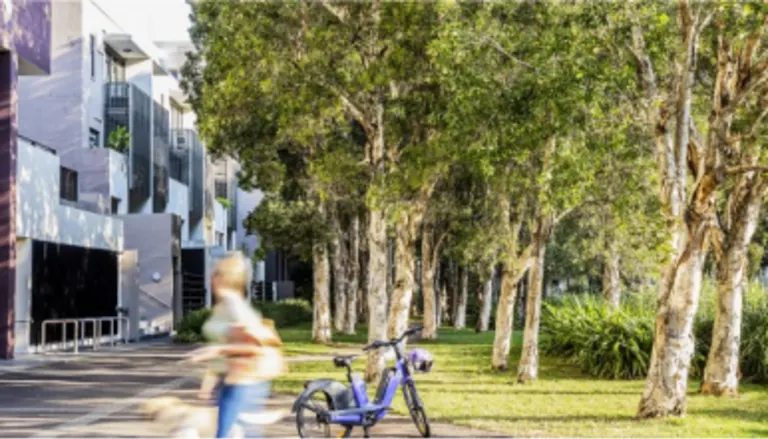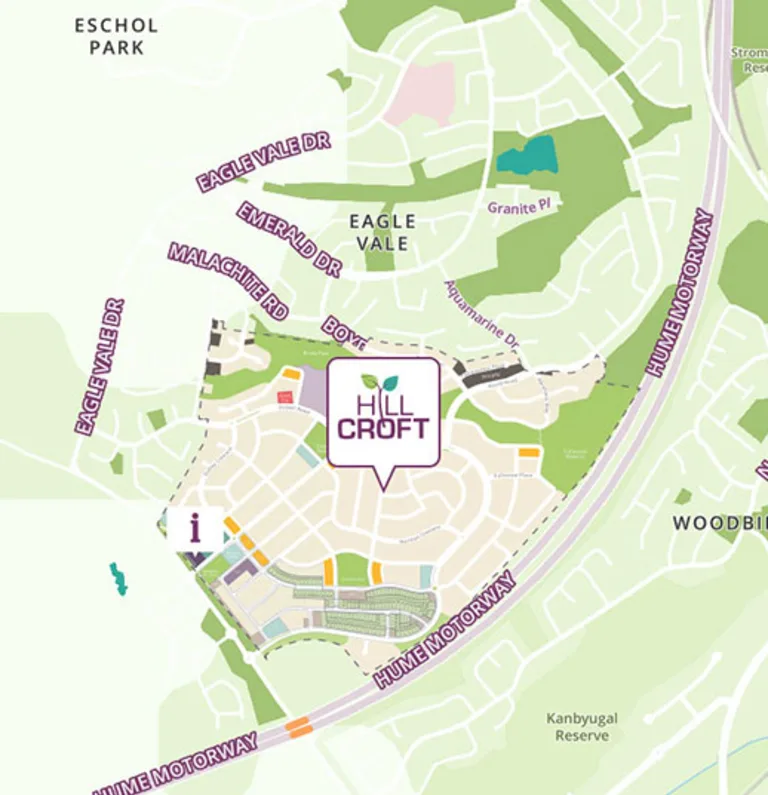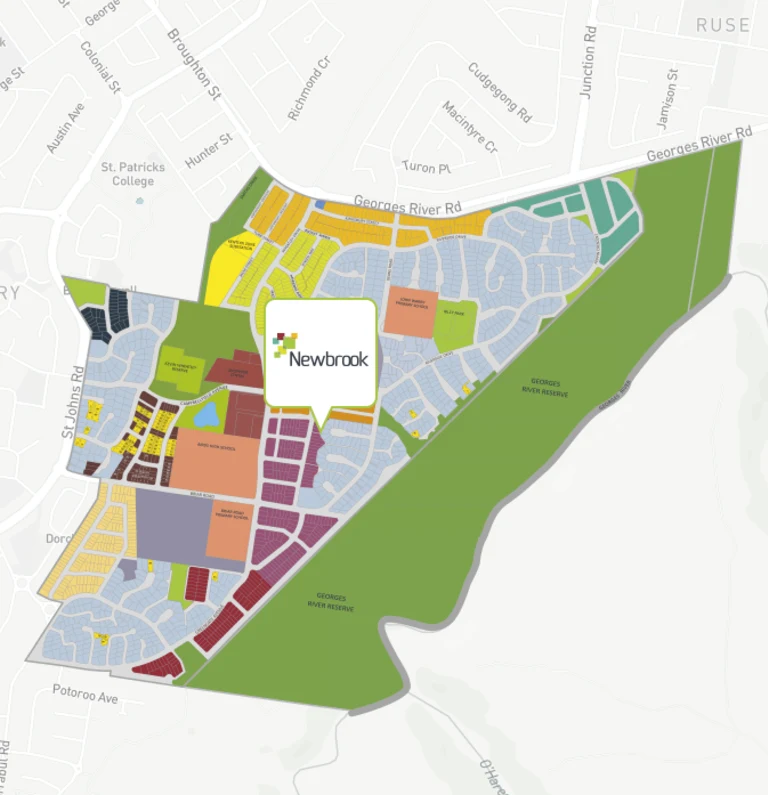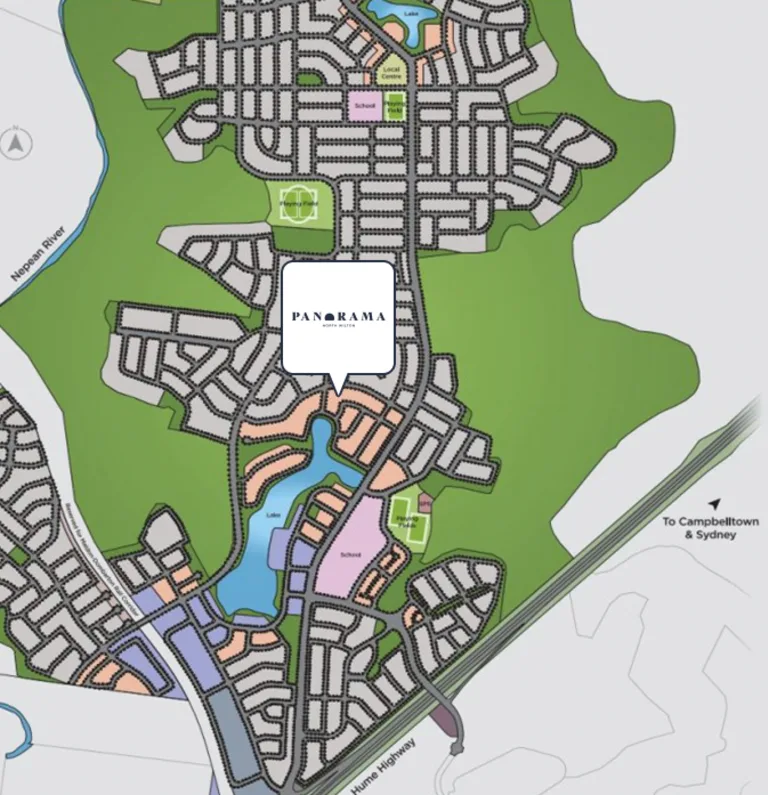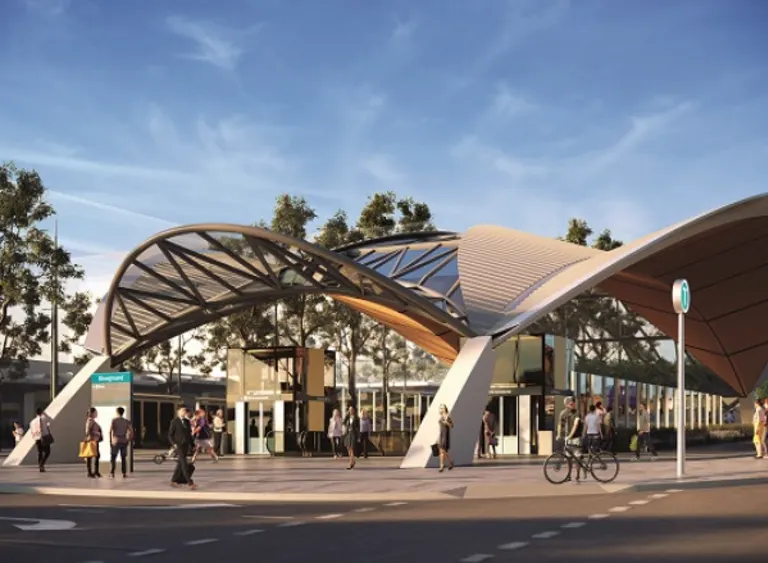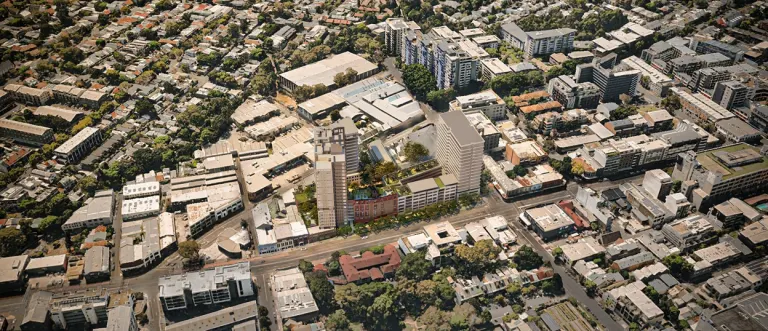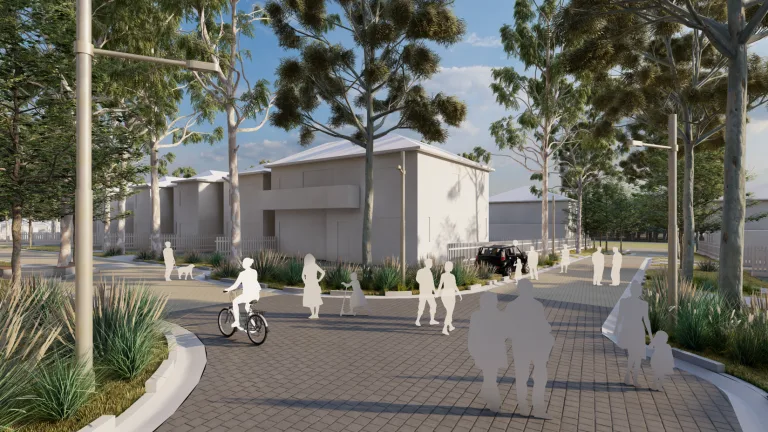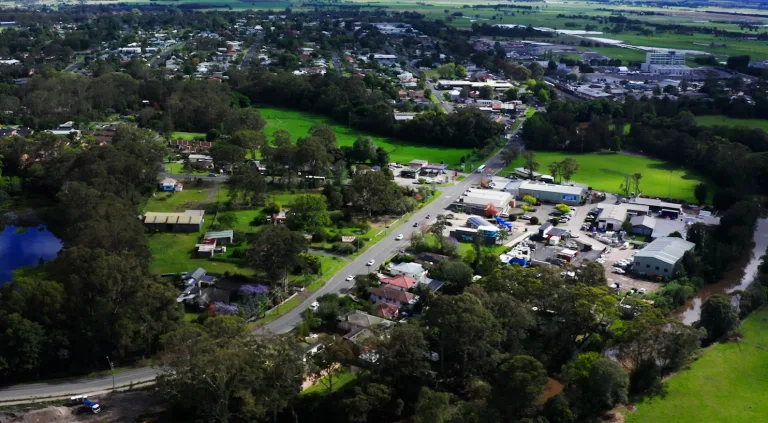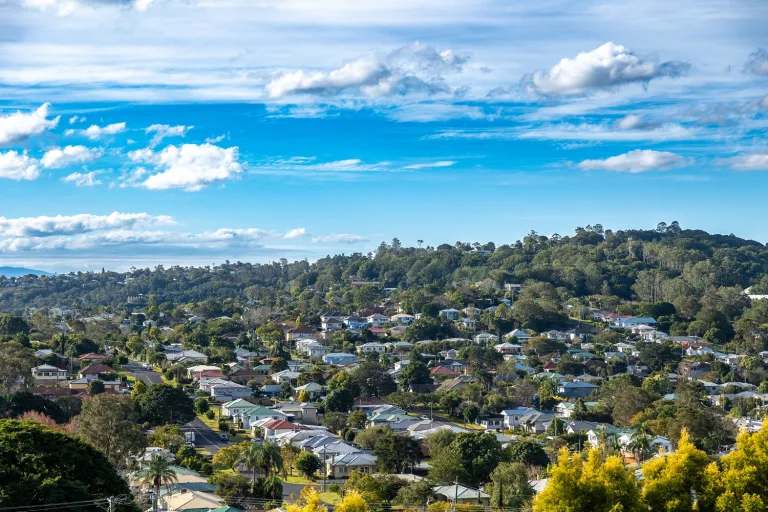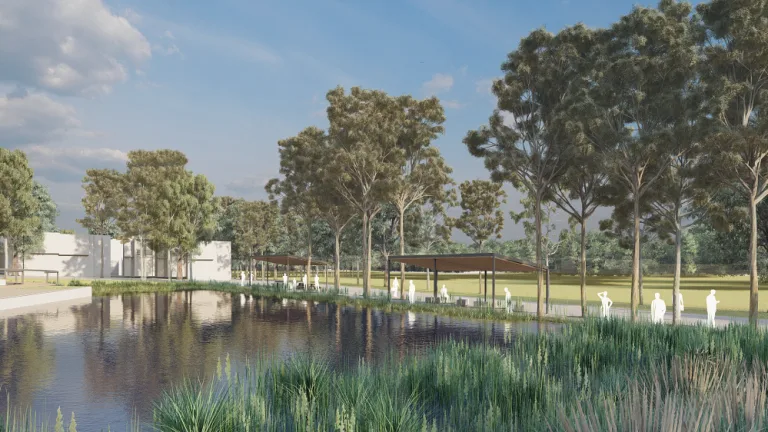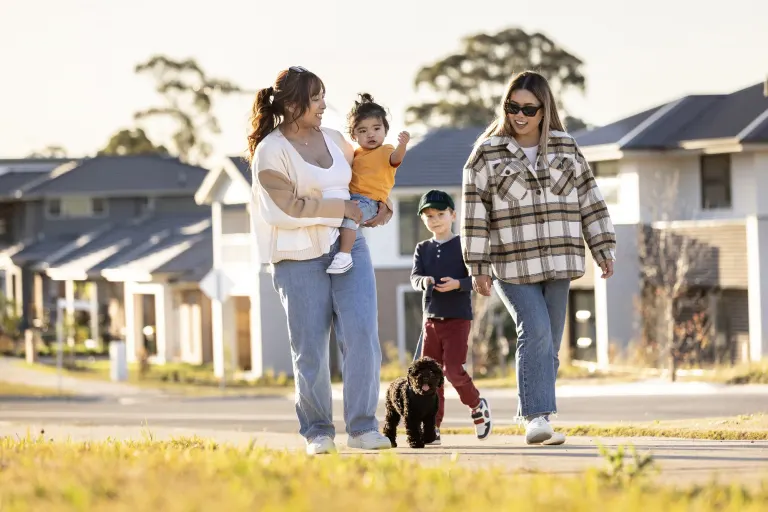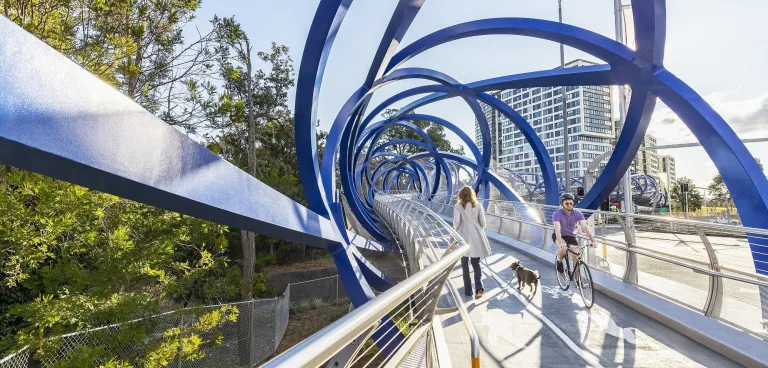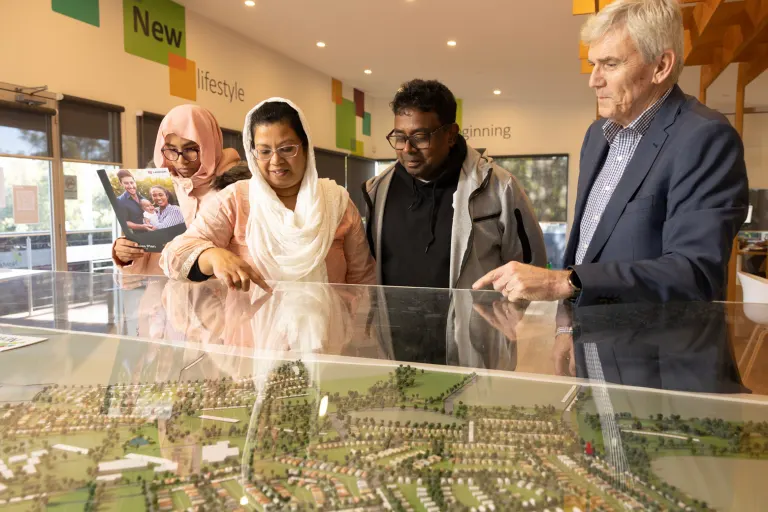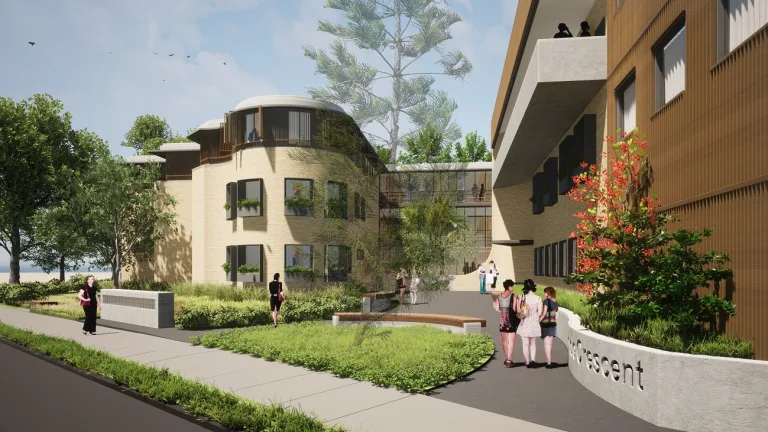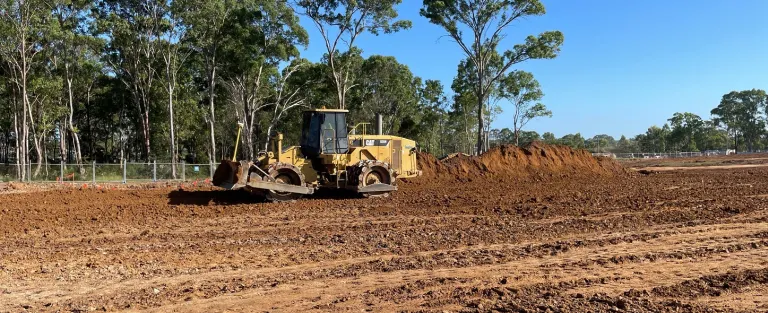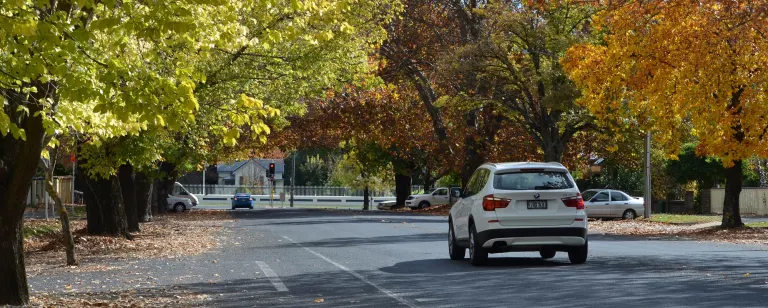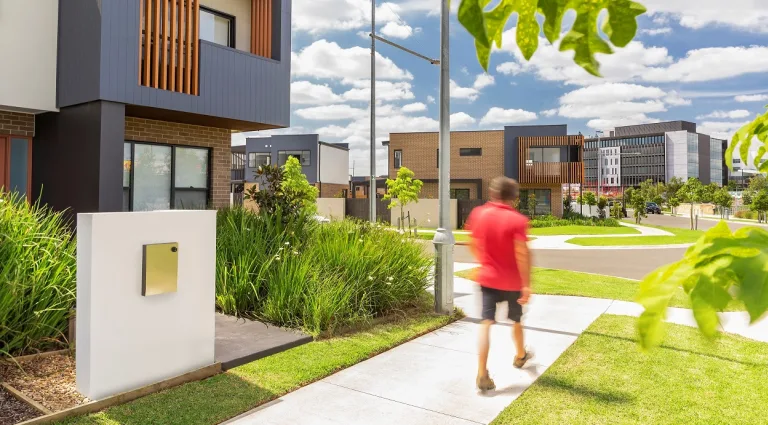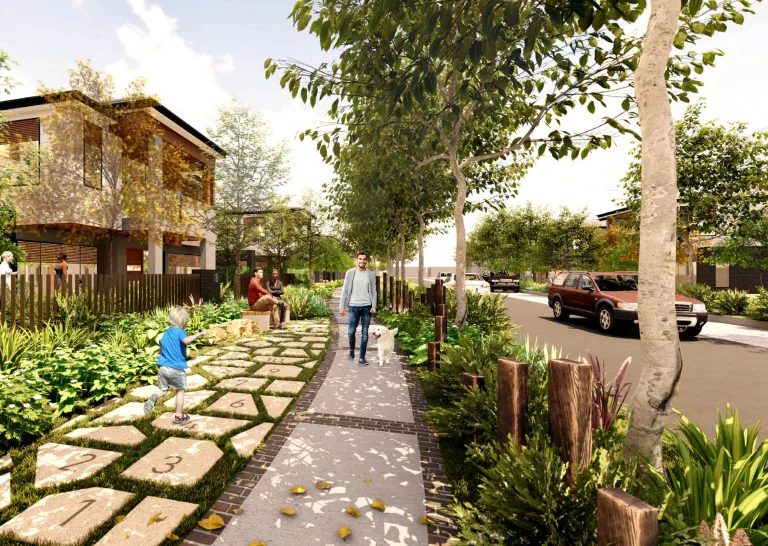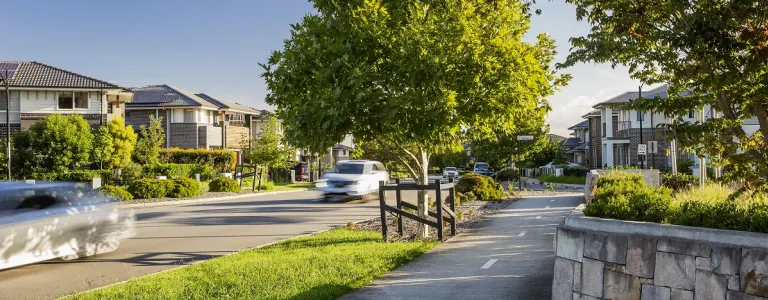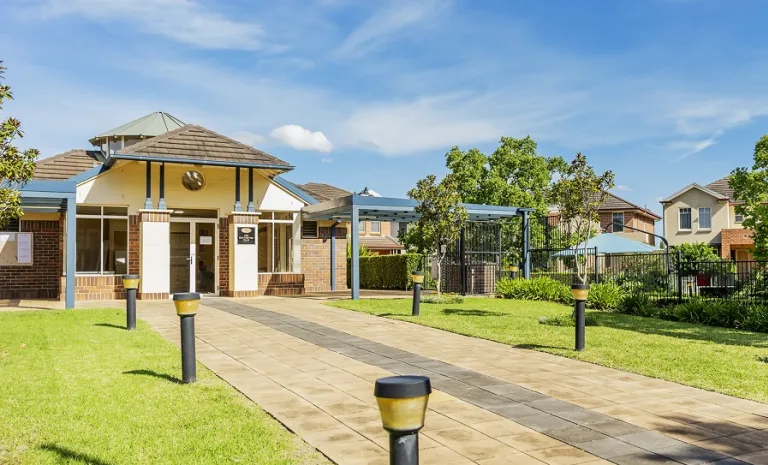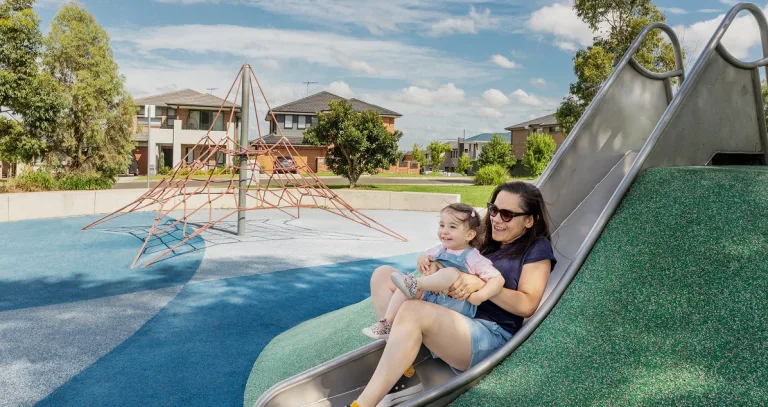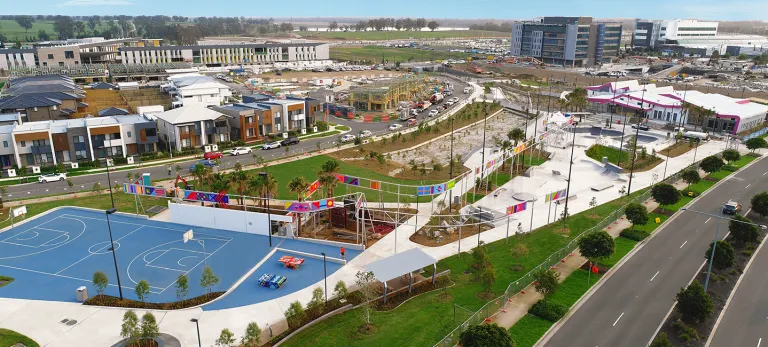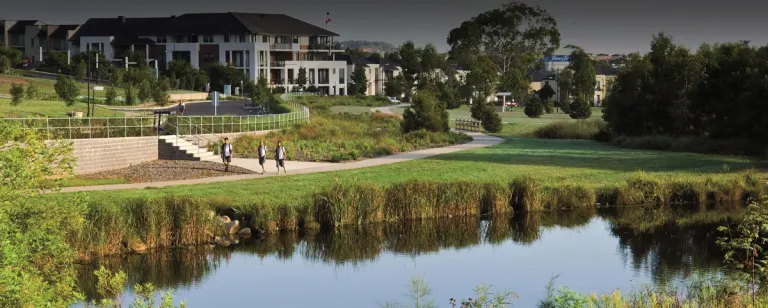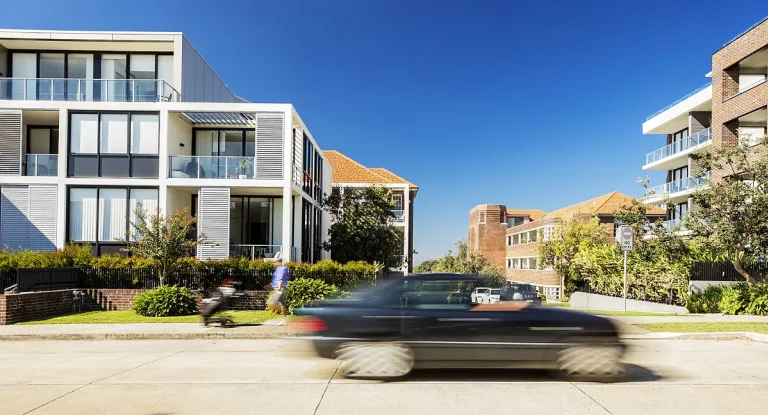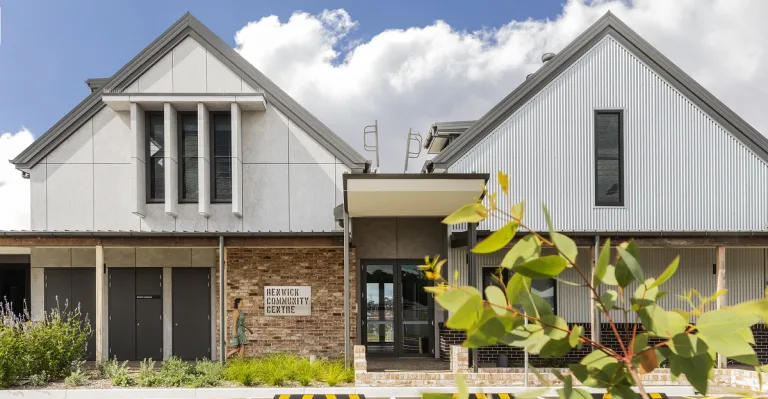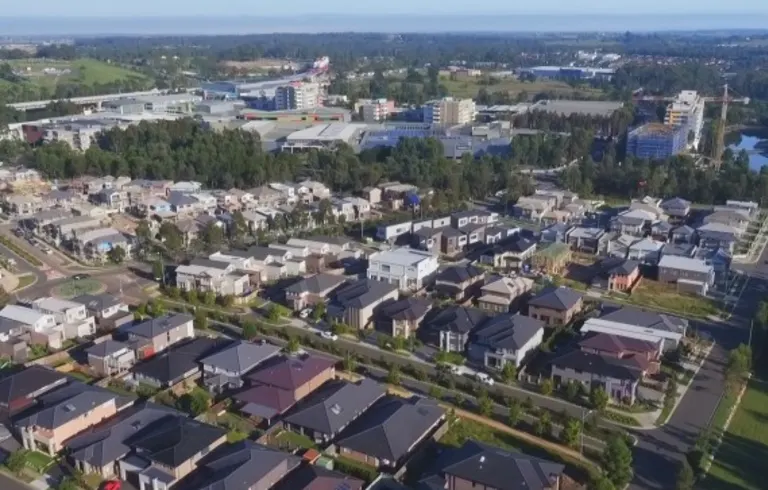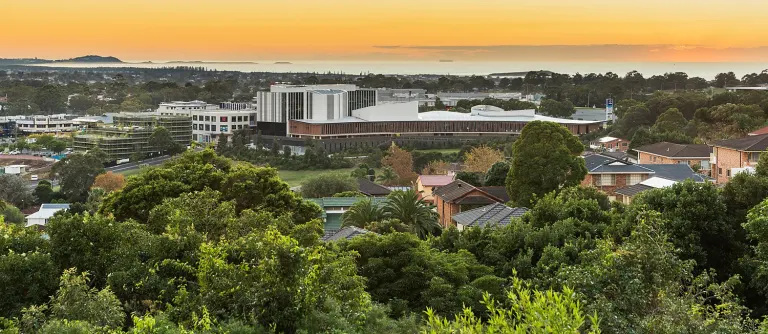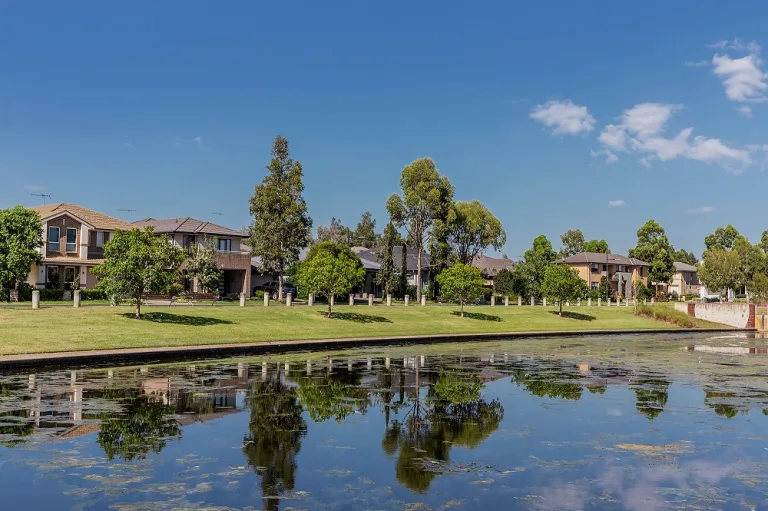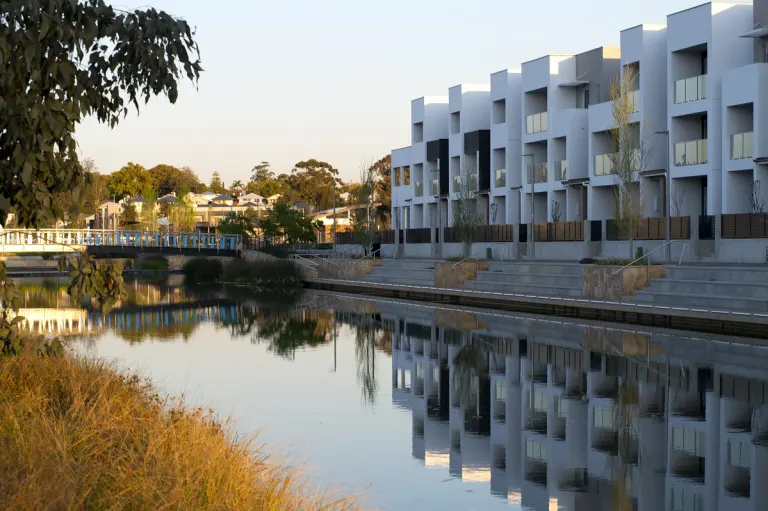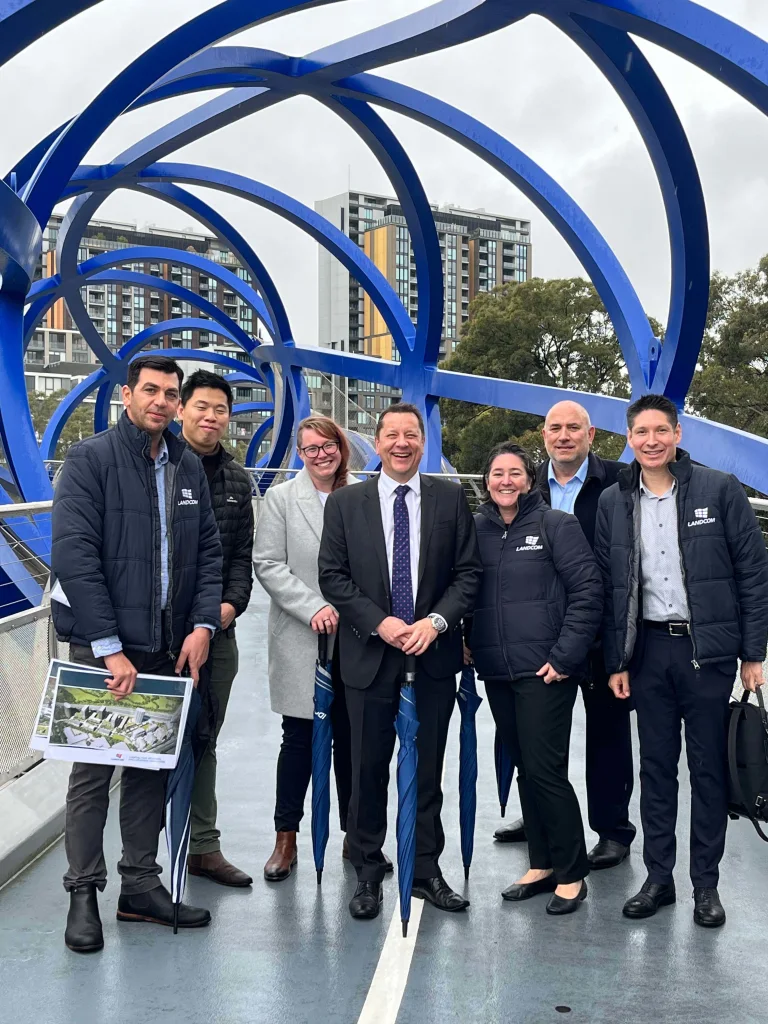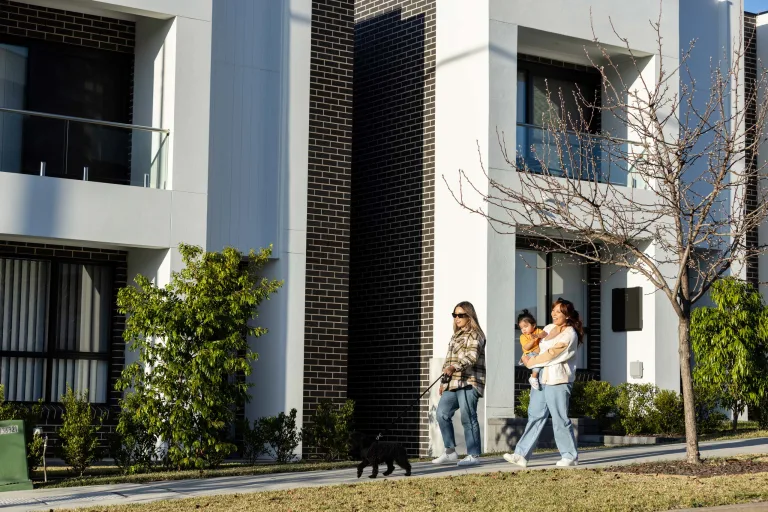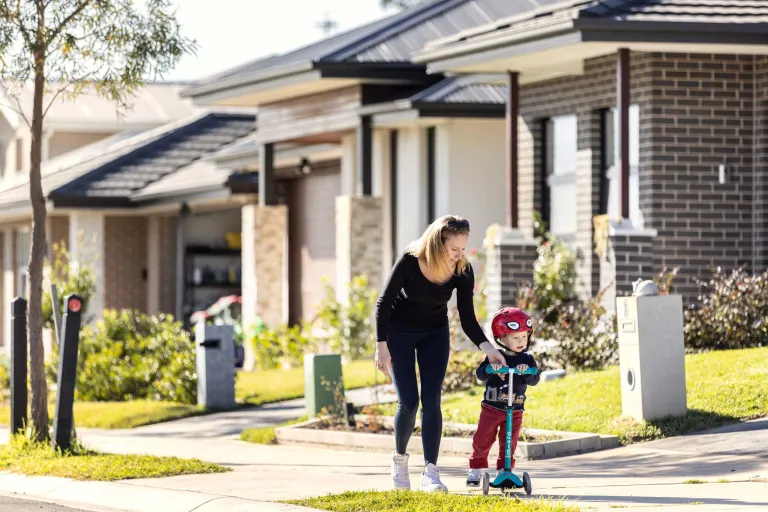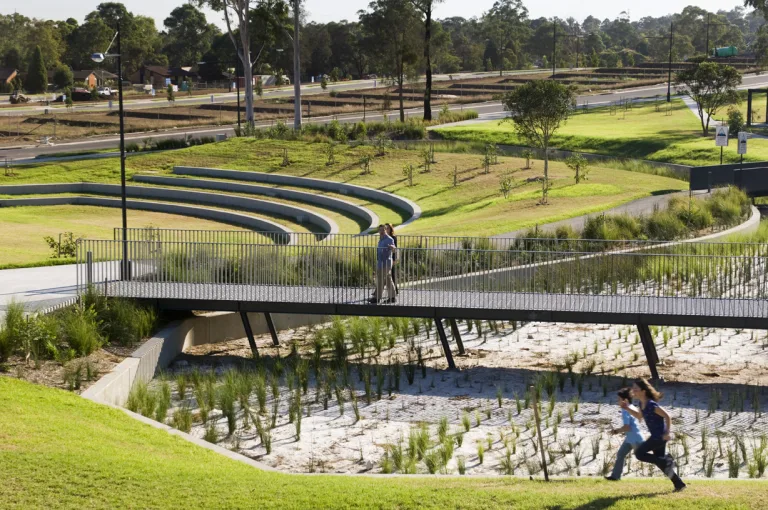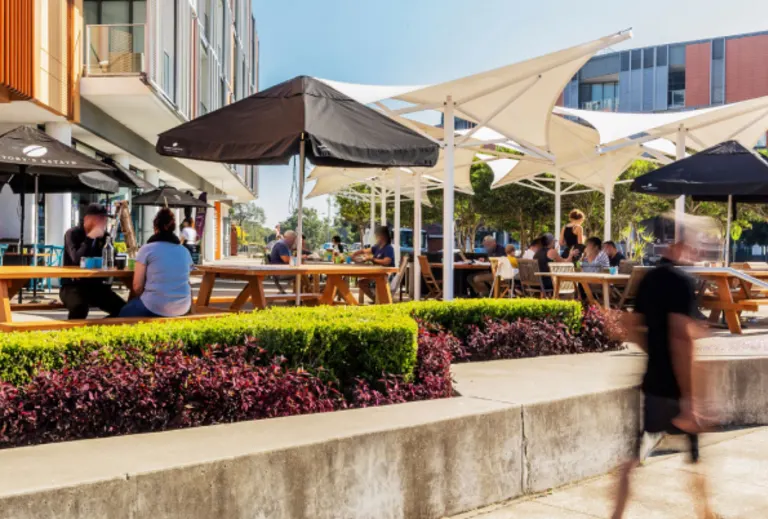
Governance
Our governance & statutory objectives
As a State Owned Corporation we operate under the Landcom Corporation Act 2001.
Our Portfolio Minister is The Hon Paul Scully MP, Minister for Planning and Public Spaces.
Our Shareholder Ministers are the NSW Treasurer, The Hon Daniel Mookhey MLC, and the Minister for Finance, The Hon Courtney Houssos MLC.

Our principal objectives and functions
Landcom was first established in 1976 as the Land Commission of NSW.
In 2001, we became a State Owned Corporation under the Landcom Corporation Act 2001 to help the NSW Government achieve its urban management objectives. The Landcom Corporation Act 2001 establishes our principal objectives and principal functions.
These objectives and functions provide a broad, legislated framework that does not respond to specific issues or needs at any given time or policy of the Government of the day.
Principal objectives
Under the Landcom Corporation Act 2001, Landcom has seven principal objectives:
- To be a successful business and, to this end:
- To operate at least as efficiently as any comparable businesses; and
- To maximise the net worth of the State’s investment in it;
- To exhibit a sense of social responsibility by having regard to the interests of the community in which it operates;
- To protect the environment by conducting its operations in compliance with the principles of ecologically sustainable development contained in Section 6(2) of the Protection of the Environment Administration Act 1991;
- To exhibit a sense of responsibility towards regional development and decentralisation in the way in which it operates;
- To undertake, or assist the Government in undertaking, strategic or complex urban development projects;
- To assist the Government in achieving its urban management objectives; and
- To be a responsible developer of residential, commercial and industrial land.
The first four apply to all State Owned Corporations and the final three are specific to Landcom.
Principal functions
Under the Landcom Corporation Act 2001, Landcom has the following principal functions:
- To undertake and participate in residential, commercial, industrial and mixed development projects;
- To provide advice and services related to urban development, on a commercial basis, to government agencies and others; and the following additional functions;
- To provide facilities or services that are ancillary or incidental to its principal functions; and
- To conduct any business or provide any service (whether or not related to its principal functions) that it considers will further its objectives.
Ministerial priorities and Government expectations
While Landcom must operate commercially and at arm’s-length to the Government, we can be asked to deliver Government policy objectives through a Statement of Priorities, a Statement of Expectations and/or Ministerial Directions.
Statement of Priorities
Under the Landcom Corporation Act 2001, Landcom’s Portfolio Minister periodically issues a Statement of Priorities for the Board. The current priorities to enhance the affordability and diversity of housing supply, issued in May 2024 by the Portfolio Minister are for Landcom to:
- Establish a sustainable and scalable Build-to-Rent program with pilot projects on the NSW South Coast and in the Northern Rivers Region in accordance with Government policy.
- Demonstrate leadership in affordable housing through the delivery of an Affordable Housing Program. This program should deliver 1,800 affordable homes by 2029 in line with the NSW Government’s commitment of 3,100 to the National Housing Accord, with a goal to deliver substantially more if provided access to surplus government land and relevant approvals.
- Intensify Landcom’s work to increase the supply, affordability and diversity of housing and achieve more sustainable communities by being the lead developer for surplus Government land and transacting with private landowners.
- Expand the activities of Landcom to regional NSW with a focus especially on areas where the regional economy is impacted by low housing supply and/or low rental vacancy rates.
- Partner with NSW Government agencies on a commercial basis to deliver housing supply and improve housing affordability across the state and in accordance with Government policy and any relevant housing targets.
Statement of Expectations
In May 2024, the NSW Government provided guidance on additional expectations for Landcom through a Statement of Expectations. In addition to delivering on our Statement of Priorities, the Statement of Expectations asks Landcom to:
1. Maintain high standards of public accountability and corporate governance.
- Proactively communicate and engage with the Government to keep them informed of relevant matters of interest related to their accountabilities; and
- Maintain the highest standards of governance, probity and integrity in line with government policies and community expectations.
2. Ensure the Government's investment of its capital is used efficiently.
- Optimise business performance and deliver efficiencies to ensure it maximises sustainable returns to government without compromising service quality, community outcomes and safety;
- Undertake regular external efficiency reviews at least once every five years. The financial benefit from efficiencies should be returned to the State via dividends;
- Seek to align their Target Capital Structure with the strongest performers among their industry peers while also ensuring their capital structure allows them to maintain a standalone credit rating at or above Baa2 / BBB (Moody’s / Fitch or Standard & Poor’s) (Minimum Credit Rating); and
- Proactively identify surplus or underutilised assets and land whose value could be realised.
3. Operate the business sustainably.
- Support the delivery of NSW Government climate change net zero and adaptation objectives and guiding principles in legislation and policy;
- Reduce the carbon footprint of operation, including in the supply chain, contributing to NSW’s emissions reduction targets in alignment with the Climate Change (Zero Future) Bill 2023;
- Minimise the risks of climate change on assets, operations and services;
- Help support NSW communities to benefit from the economic and employment opportunities created by decarbonisation;
- Monitor and report annually its activities against agreed sustainability reporting and climate risk disclosure frameworks; and
- Continue to deliver leading sustainability outcomes across Landcom’s portfolio to achieve shared social, environmental, and economic value, with all future developments being entirely electrified (no gas connections).
4. Ensure robust procurement and employment practices that support the economic, environmental and social outcomes of the state.
- Support diversity in its suppliers by considering procuring from small and medium enterprises, Aboriginal businesses, regional businesses, disability employment organisations, and social enterprises.
- Support female workforce participation; and
- Consider the environmental sustainability of goods and services being procured, including supporting the transformation to a circular economy.
5. Ensure Landcom balances the priorities of customers, stakeholders and communities.
- Develop partnerships with customers and communities to foster mutual understanding relationships and responsiveness;
- Consult with customers, stakeholders and communities prior to progressing initiatives that may have an adverse impact to improve engagement, understanding and outcomes; and
- Support sustainable initiatives in communities that demonstrate care and are underpinned by goodwill and respect.
Corporate publications
Here you will find Landcom's Annual Reports, policies, statements and guidelines.
Our Reflect Reconciliation Action Plan
This is our formal commitment to respectful and meaningful relationships with Traditional Owners and Aboriginal and Torres Strait Islander communities and a just and equitable Australia.
We recognise the intent of an initial Reflect RAP is to turn a lens inward as an organisation. Over the next year our focus will be to shift internal governance, build awareness, remove barriers and support staff in our reconciliation journey.
